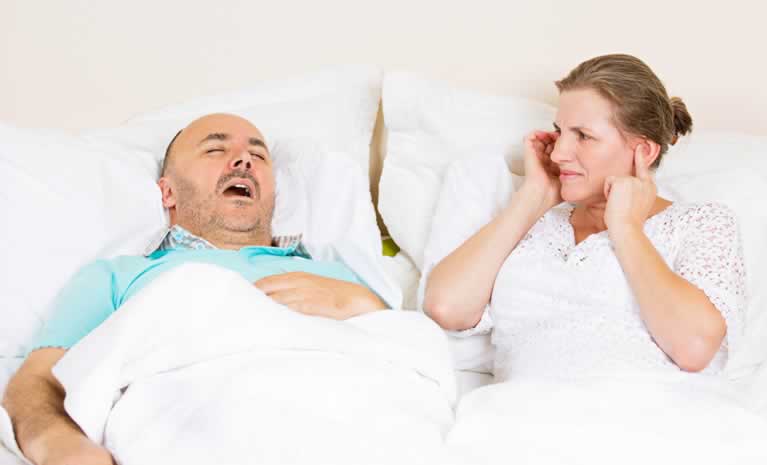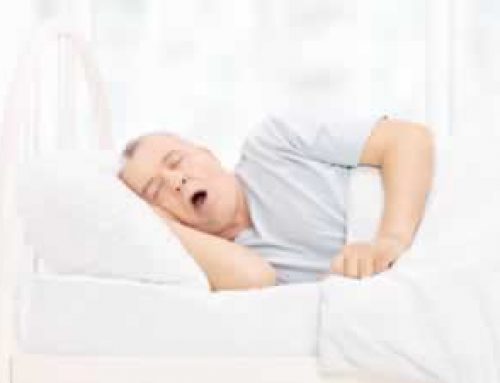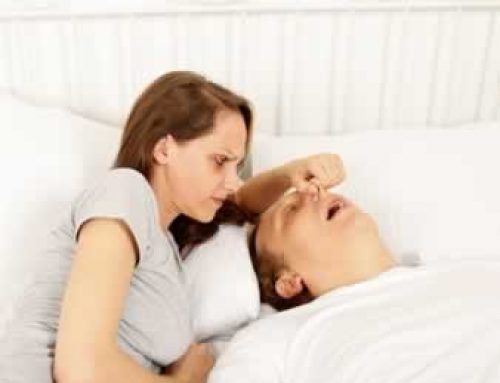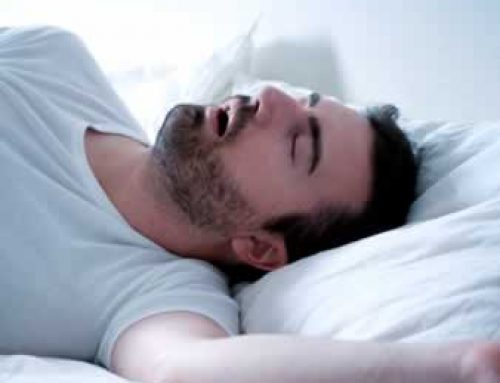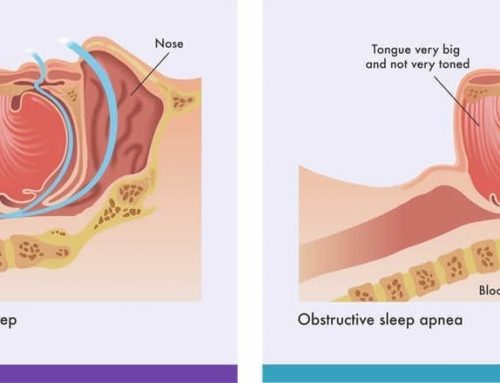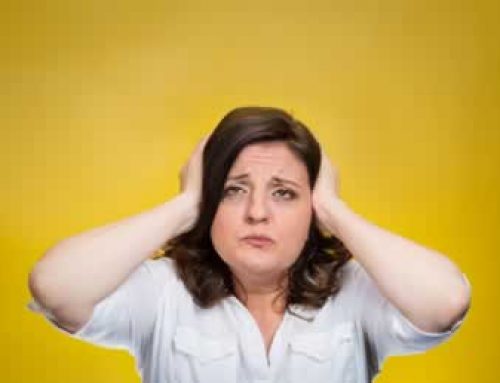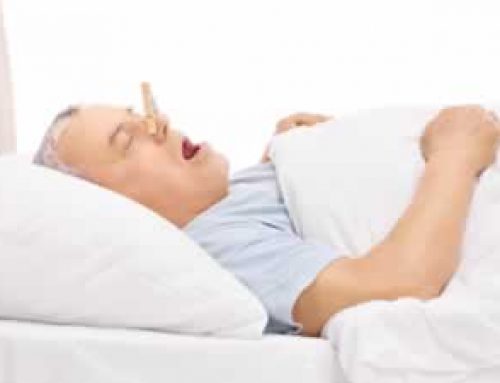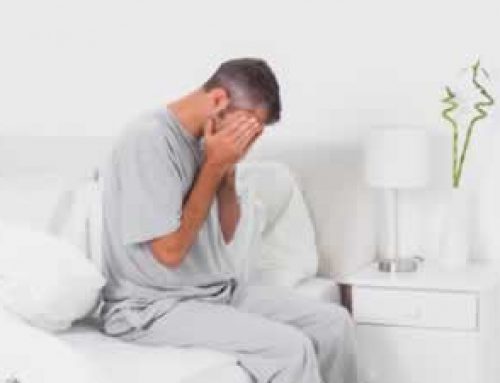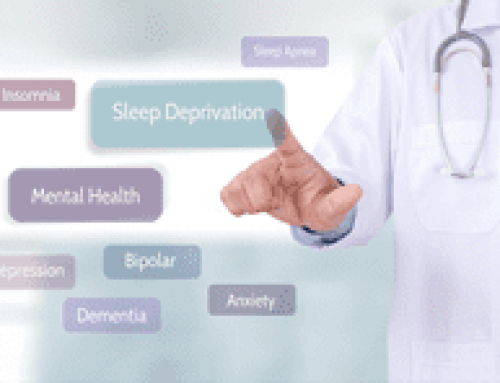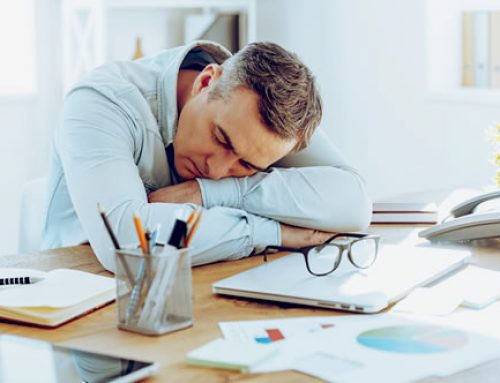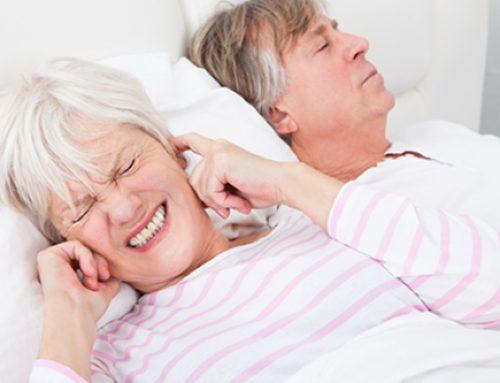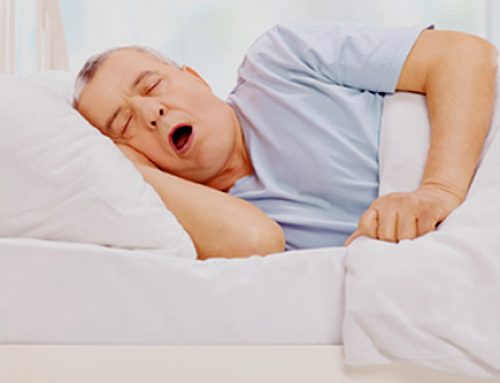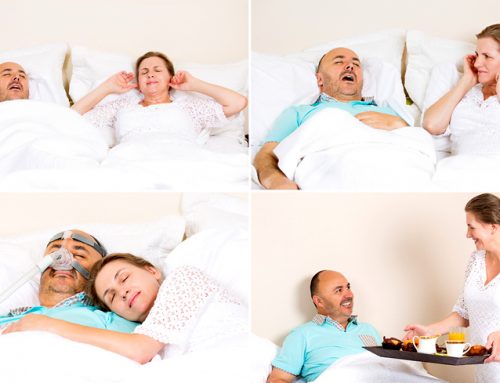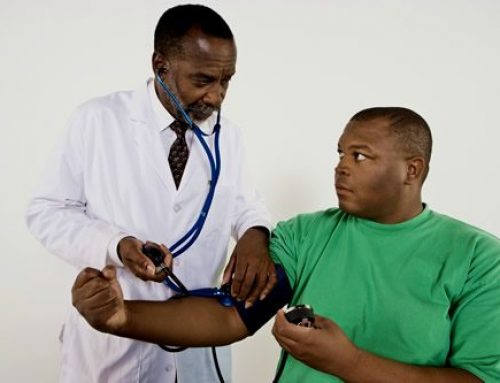How to Tell if You Should Get Tested For Sleep Apnea
First, let’s talk a little about what sleep apnea is so you have a better understanding if you’re on the right track to figuring out what might be going on with your sleep and health.
Sleep apnea is a serious sleep disorder that affects an estimated 6% of Americans. It is characterized by long pauses in breathing or shallow breathing while asleep. Each pause is known as an apnea episode, and in severe cases can last up for a few minutes. Shallow breathing episodes are known as hypopnea and often occur in between apnea episodes. People who have sleep apnea stop breathing hundreds of times while they are sleeping, depriving their brain and body of much-needed oxygen. Sleep apnea can be extremely severe and can cause other major health issues to develop.
Sound familiar? Great, you’re on the right track.
Now, let’s see if we can answer the question you came here with – How do I know if I should get tested for sleep apnea? To make this easy, we’ve developed a quick quiz to help you tell if you should get tested for sleep apnea. Be honest with yourself and add up how many “yes” answers you marked.
Reflecting on the past week:
| 1. Have you needed to drink caffeinated beverages or consume a lot of sugar throughout the day to stay awake?
|
_____ Yes | _____ No |
| 2. Have you taken sleep aids one or more times in order to get a full night’s sleep?
|
_____ Yes | _____ No |
| 3. Have you felt excessively sleepy during the day?
|
_____ Yes | _____ No |
| 4. Have you found yourself struggling to stay awake when sitting down for a few minutes?
|
_____ Yes | _____ No |
| 5. Have you snored loudly, gasped, or choked during sleep? (ask your sleep partner if you’re not sure)
|
_____ Yes | _____ No |
| 6. Have you fallen asleep or almost fallen asleep while driving?
|
_____ Yes | _____ No |
| Total | _____ | _____ |
So how many times did you answer yes? Was it one or more times? If so, you’re experiencing some of the more serious symptoms of sleep apnea, and you really should get tested right away.
Why? It’s clearly impacting your life in a seriously negative way. Plus, if sleep apnea is left untreated, your chances of developing cardiovascular disease, heart arrhythmias, diabetes, and stroke go up significantly.
2-4% of the American population suffers from apnea without a diagnosis.
The first step in getting tested for sleep apnea is to have a home sleep test and get a formal diagnosis. Your diagnosis is based off an evaluation of a Sleep Assessment and the results of a home sleep test. During the home sleep test, you sleep overnight wearing a home sleep testing device. The data from the device and the results of your assessment will allow doctors to see precisely how many apnea episodes you have per night and will also give them information on your key sleep health indicators.
Here’s the great news – We’ve taken the hassle out of getting tested for sleep apnea. Our process is easy and nearly a third of the cost of in-lab testing. Arrange a visit with your physician today, and conduct your home-based diagnostic testing with Vitalistics.
Benefits of treating your sleep apnea with CPAP
- Your 10-year risk of stroke is reduced by 31%.
- The 10-year expected number of myocardial infarctions is reduced by 49%
- Your 10-year risk of fatal and nonfatal motor vehicle accidents is reduced by 52%
The 9 Most Common Sleep Apnea Symptoms
- Loud, chronic snoring
- Choking, snorting, or gasping
- Restless sleep
- Extended pauses in breathing during sleep
- Headaches upon waking
- Difficulty concentrating or remember things
- Dry mouth or a sore throat upon waking
- Mood swings, irritability, and depression
- Unexplained sleepiness even after getting an appropriate amount of rest

